1. “The Packie” Isn’t for Shipping

In New England, “the packie” refers to the liquor store—not a packaging center. Locals use it casually, as in “I’m heading to the packie before the game.” It’s shorthand that confuses outsiders but feels natural here. The term is especially common in Massachusetts and Rhode Island.
Newcomers are expected to learn it fast—especially if they’re buying beer for a cookout. Asking for directions to the “liquor store” might earn a smirk. The packie is part of the social fabric. And yes, it’s open on Sundays now.
2. “Wicked” Means Very
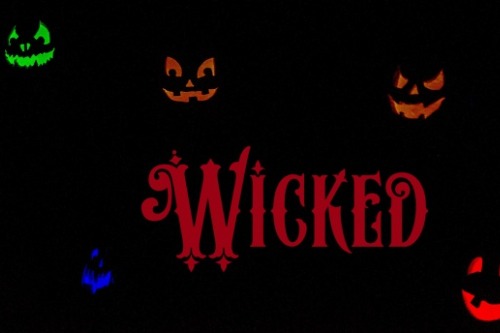
In New England, “wicked” isn’t evil—it’s an intensifier. Something can be “wicked cold,” “wicked good,” or “wicked fast,” and locals use it without irony. It’s a linguistic badge of regional pride, especially in Massachusetts. If you say it wrong, people will know you’re not from around here.
Even newcomers are expected to pick it up quickly. It’s not just slang—it’s cultural shorthand. Using “wicked” correctly earns instant street cred. And yes, it’s wicked important.
3. Dunkin’ Is a Personality Trait
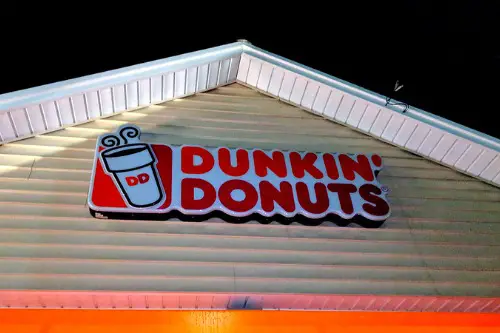
Dunkin’ (never “Dunkin’ Donuts”) is more than coffee—it’s a lifestyle. Locals grab iced coffee in blizzards, know their order by heart, and treat drive-thru staff like family. It’s not just about caffeine—it’s about consistency. Dunkin’ loyalty runs deep.
Even if you prefer indie cafés, you’re expected to respect the ritual. Dunkin’ is woven into morning routines, road trips, and sports tailgates. Skipping it feels like skipping church. And yes, the cup belongs in your cupholder year-round.
4. Leaf-Peeping Is a Legitimate Hobby
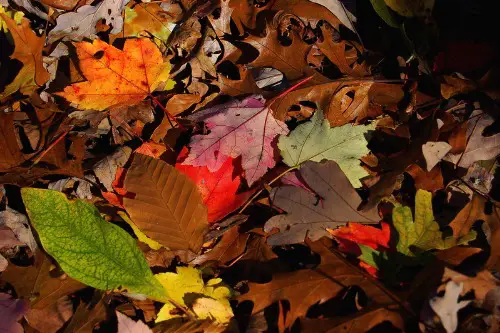
Come fall, New Englanders hit the road to admire foliage—known locally as “leaf-peeping.” Routes like the Kancamagus Highway in New Hampshire or Vermont’s Route 100 become pilgrimage paths. Locals track peak color like meteorologists. It’s nature worship with a camera.
Even if you just moved in, you’re expected to appreciate the leaves. Complaining about traffic during peak season is frowned upon. The trees are the main event. And yes, you’re officially a “leaf-peeper” now.
5. Lobster Rolls Come Cold or Warm—and That Matters
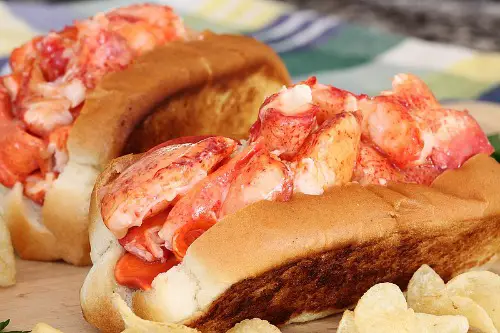
In New England, lobster rolls are sacred—and the temperature matters. Maine prefers cold rolls with mayo, while Connecticut swears by warm rolls with butter. Ordering the wrong kind in the wrong state is a rookie mistake. Locals have strong opinions and zero patience for confusion.
Even newcomers are expected to pick a side—or at least know the difference. It’s not just food—it’s identity. The roll defines your regional allegiance. And yes, both versions are delicious.
6. Snow Doesn’t Cancel Anything

New Englanders don’t flinch at snowstorms. Schools stay open, commutes continue, and shovels come out before sunrise. A foot of snow is just “a little messy.” The region prides itself on winter toughness.
If you just moved in, don’t expect snow days or sympathy. You’re expected to own boots, a scraper, and a backup generator. Complaining about cold earns eye-rolls. And yes, someone’s grilling in a blizzard.
7. Boston Sports Are a Religion
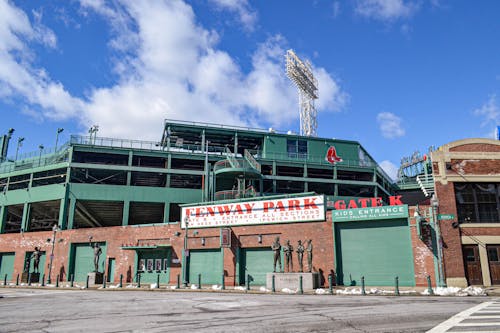
Whether it’s the Red Sox, Patriots, Celtics, or Bruins—New Englanders bleed team colors. Sports aren’t just entertainment—they’re emotional anchors. Even casual fans know stats, rivalries, and playoff history. Criticizing Tom Brady is still risky.
Newcomers are expected to pick up the basics fast. You don’t have to be a superfan—but you do need to know who’s playing. Sports talk is small talk. And yes, Fenway Park is sacred ground.
8. “The City” Means Boston
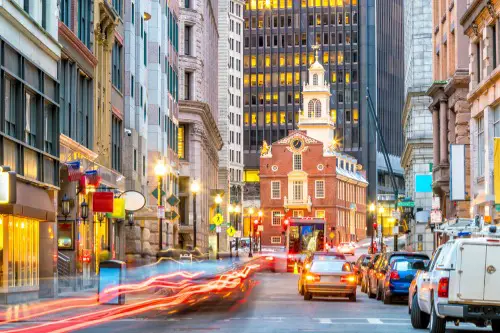
In New England, “the city” always refers to Boston—no matter where you live. Saying “I’m heading to the city” doesn’t mean New York or Hartford. It’s Boston by default, and locals expect you to know that. The phrase is shorthand for culture, chaos, and clam chowder.
Even if you live hours away, Boston is still “the city.” It’s the hub for concerts, hospitals, and college tours. Misusing the term marks you as an outsider. And yes, it’s pronounced “Bah-stin.”
This post 8 Things You’re Expected to Know in New England—Even if You Just Moved There was first published on American Charm.


